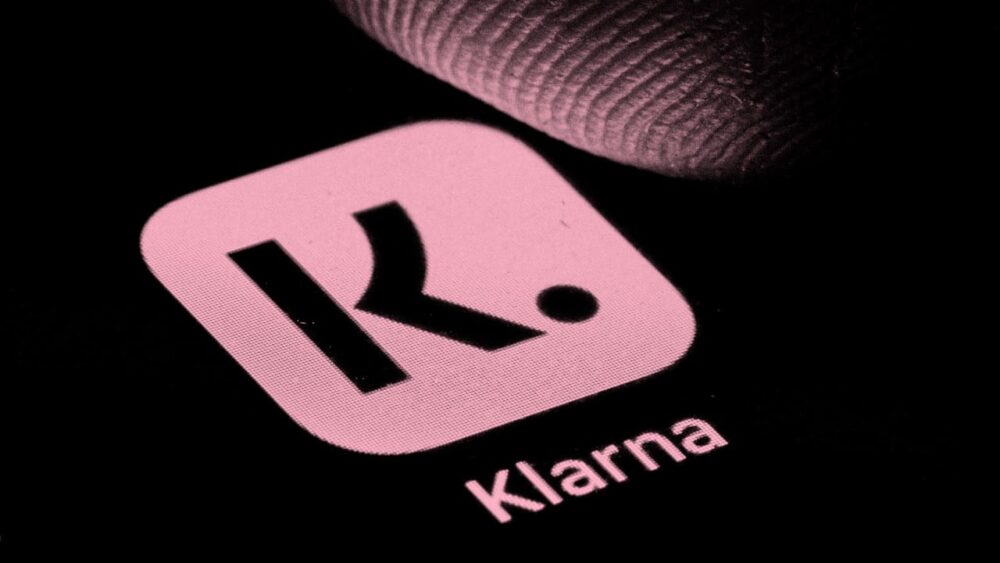In a recent announcement, Klarna, a leading payment service from Sweden, revealed that an AI assistant, developed in collaboration with OpenAI, successfully managed over two-thirds of the company’s customer service interactions within a span of a month.
The technology giant stated that, during this period, its AI system efficiently processed approximately 2.3 million customer chats, an achievement that mirrors the productivity of 700 employees working full-time.
The quality of customer service provided by the AI matches that of human representatives, yet it boasts a significant 25 percent reduction in the error rate for query resolution.
Moreover, the time it takes for customers to have their issues resolved has dramatically decreased to under two minutes, a stark improvement from the previous average of eleven minutes.
This AI assistant, operational across 23 different markets and offering round-the-clock service, supports over 35 languages. Its capabilities extend from providing customer service in multiple languages to overseeing processes like refunds and returns. Klarna is set to expand the assistant’s functionalities with additional features soon.
Not only that, but the AI-powered assistant has also managed to improve upon its communication with local immigrant and expat communities in all markets that support the languages it can work with, according to the Swedish company. Customers still have the option to speak with a human agent if needed.
In a discussion on X, Klarna’s CEO, Sebastian Siemiatkowski, reflected on the outcomes, prompting a broader conversation about the societal implications of artificial intelligence. He noted that, in Klarna’s scenario, the introduction of the AI agent has not resulted in direct job losses, given the company’s customer service operations are handled through outsourcing.
Siemiatkowski wrote: “We decided to share these statistics to raise awareness and encourage a proactive approach to the topic of AI. For decision makers worldwide to recognize this is not just “in the future”, this is happening right now.”
Klarna estimates that the AI assistant will help make the company an additional $40 million profit throughout 2024.
Although Klarna assures that no jobs have been cut off as a result, the International Monetary Fund (IMF) predicts that AI will affect 40% of all jobs around the globe and up to 60% in advanced economies. Another study by MIT suggested that human labor is still cheaper than AI tools at the moment.






